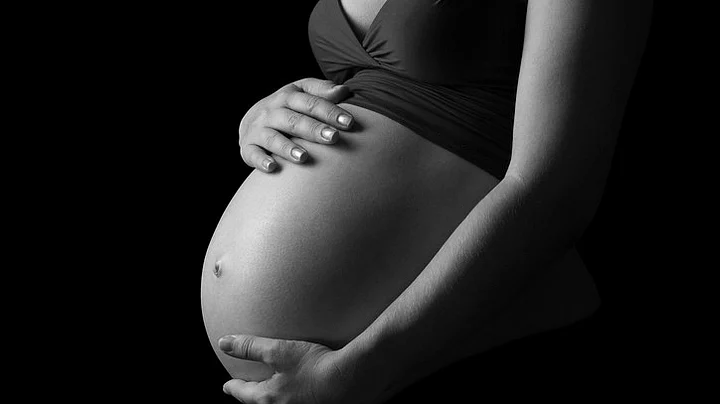Childbirth can permanently alter the mother's bones, suggests a new study conducted by researchers in the US, and published in the PLOS One journal.
What this means is that our bones and skeleton are constantly evolving, and not ‘static’ as was earlier thought.
The study found that after childbirth, and while breastfeeding, women lose bone mass.
FIT spoke to gynaecologists to help break down what this means for women’s health.
But first, here's a quick rundown of how the study was conducted, and what it found.
The study was not conducted on humans, but on seven rhesus macaques (monkeys) with known medical and life-history information.
The study researchers measured the relative concentrations of oxygen, calcium, sodium, phosphorous, and magnesium in the bones of these monkeys.
They did this with the help of field-emission scanning electron microscopy and energy-dispersive X-ray.
What did the researchers find? In comparison to the other monkeys, the levels of calcium and phosphorus were found to be lower in female monkeys that had undergone childbirth.
There was also a significant difference in relative magnesium concentration which correlated with breastfeeding in infants.
"Our research shows that even before the cessation of fertility, the skeleton responds dynamically to the changes in the reproductive status. Moreover, these findings reaffirm the significant impact that giving birth has on a female organism – quite simply, evidence of reproduction is 'written in the bones' for life."Study authors
Keep an Eye Out for Lower Levels of Nutrients
Dr Sonali Gupta, the HOD of Obstetrics and Gynaecology at Greater Noida's Fortis Hospital, says that this study bolsters the previously known fact that the composition of calcium, phosphorus, and magnesium in women’s bodies deteriorate as they adapt to supply nutrition to the growing foetus.
"When you’re properly taking supplements, doing some sort of physical exercise daily, and taking care of yourself, pregnancy or breastfeeding won’t have any deteriorating impact on your health."Dr Sonali Gupta, the HOD of Obstetrics and Gynaecology, Fortis Hospital
"But you need to replenish what you’re depleting, otherwise your skeletal system will definitely be deprived of the nutritional elements and minerals that it needs," added Dr Gupta.
Dr Ranjana Sharma, a gynaecologist at Delhi’s Apollo Hospital, explains that during pregnancy, if the foetus doesn’t get enough calcium and minerals to grow and develop its bones, blood, placenta, etc, it takes up the same from the mother’s bones, making them weaker.
During breastfeeding, the same thing happens again, as the milk being produced uses up the calcium from the bones.
What Do Pregnant Women Do Then?
When planning to get pregnant, women must make sure that they are physically fit to get pregnant.
"During pregnancy, 1000 mg is the daily requirement of calcium, so we need to supplement it over and above," says Dr Gupta.
"Women might need medication, increased milk intake, increased dairy intake, and a calcium, phosphorus, and vitamin D-rich diet."Dr Sonali Gupta, HOD, Obstetrics and Gynaecology, Fortis Hospital
Dr Sharma on the other hand advises starting calcium supplements after three months of pregnancy, on top of regular exercise.
"When people walk, the muscles pull on the bones, which stimulates bone formation," she adds.
Do These Low Mineral Levels Make Women Susceptible to Injuries?
While this is a rarity, Dr Gupta emphasises that "not taking care of the mother, or not having a diet rich in nutrition and minerals might result in fractures or the early onset of arthritis for women whose bone density is already low."
However, she adds that this is more common in post-menopausal women, or women who have multiple children in quick succession.
People who do not have any spacing in between kids and pregnancies often have much weaker bones, because the calcium in their bodies doesn’t get replenished.
Dr Sharma agrees with her. She explains that after childbirth, the hormone prolactin increases in the woman’s body to produce breast milk, but at the same time, it decreases the level of estrogen produced in the body. This also makes the bones become brittle and porous, which can lead to osteopenia and osteoporosis.

